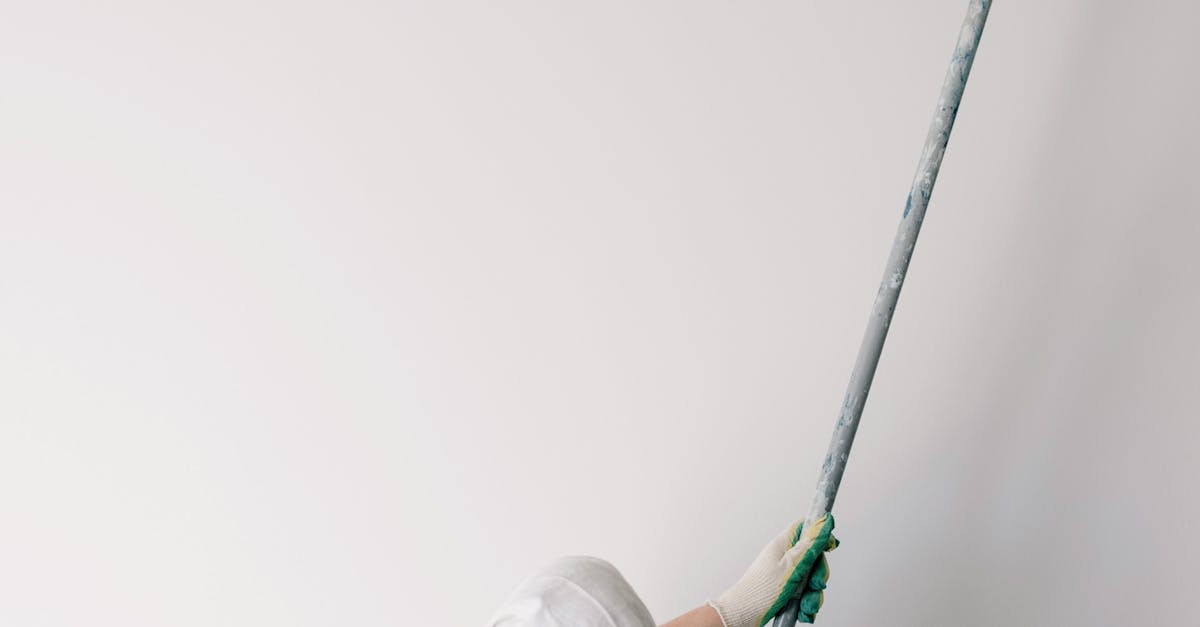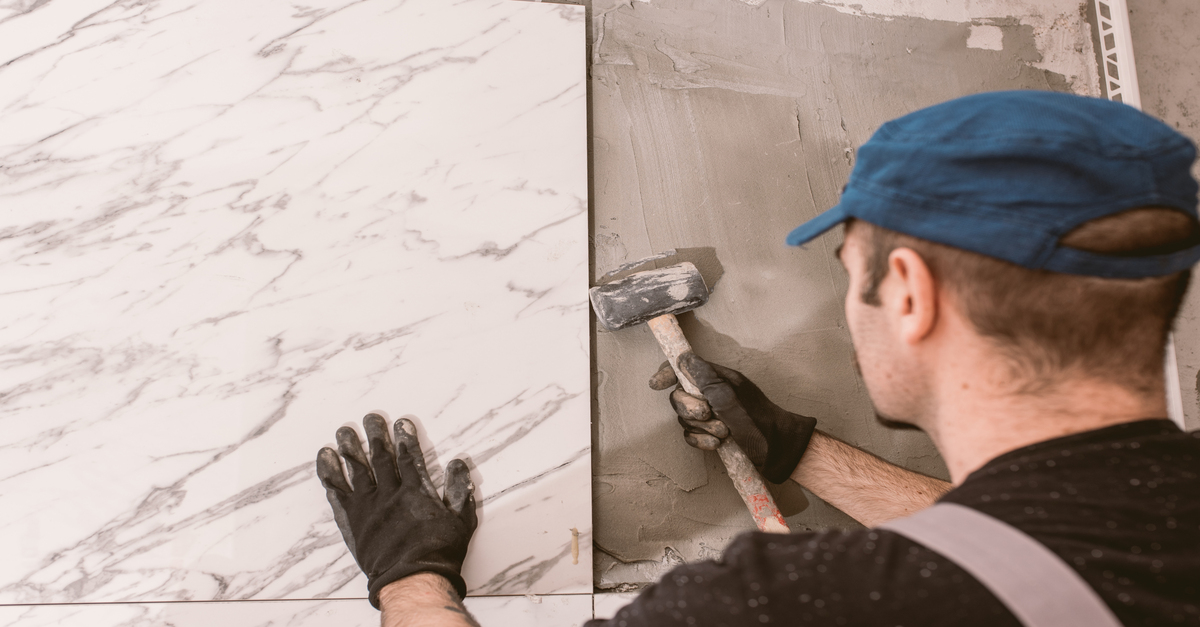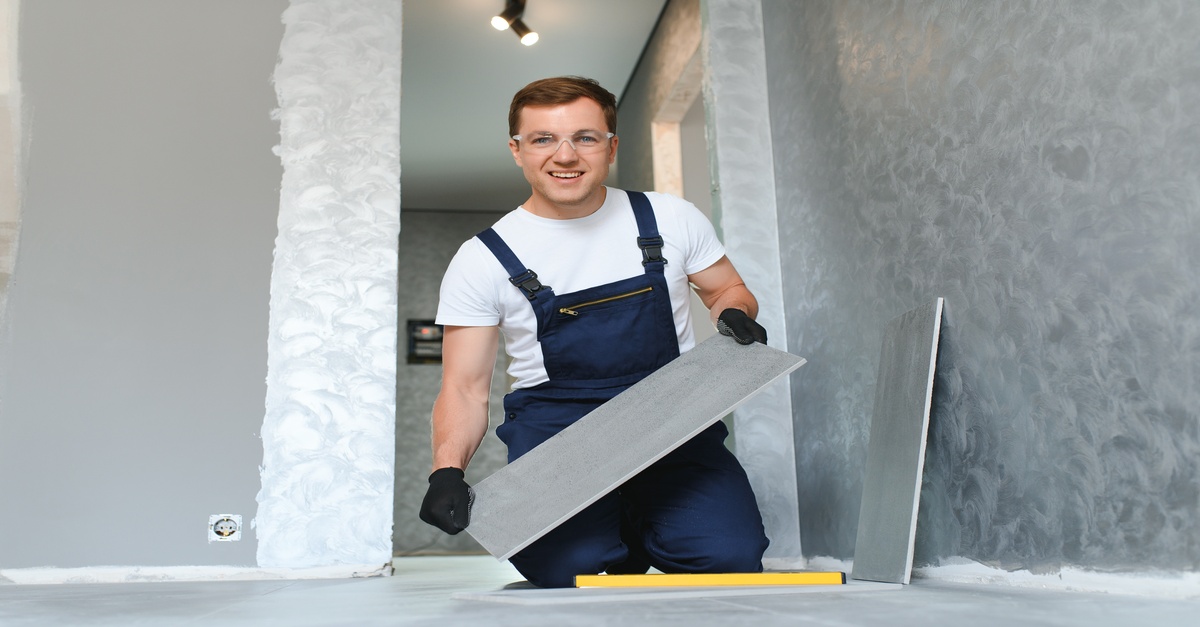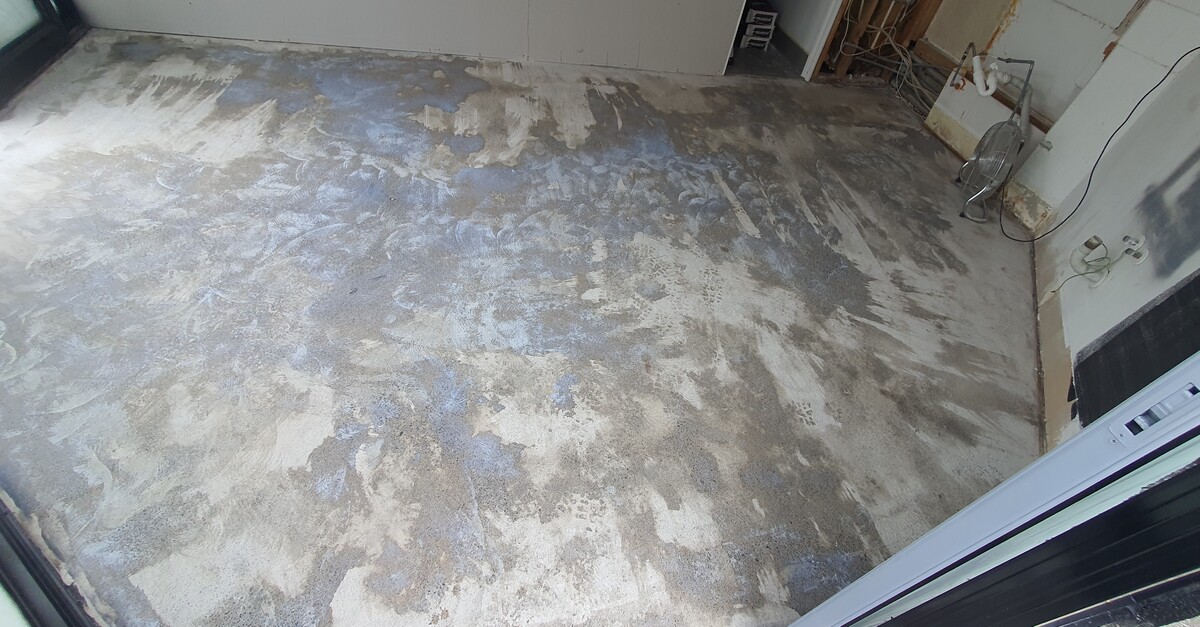
Table Of Contents
Common Mistakes to Avoid When Sealing Grout
One common mistake to avoid when sealing grout is applying too much sealer at once. It may seem like using more product will provide better protection, but excess sealer can actually lead to a sticky residue on the surface of the tiles. This can be difficult to remove and may require additional cleaning to fix the issue. To prevent this, follow the manufacturer's instructions carefully and apply the sealer in thin, even coats.
Another mistake to steer clear of is neglecting to clean the grout properly before sealing. Grout sealing works best on clean and dry surfaces, so any dirt, grime, or residue left on the grout lines can interfere with the sealer's ability to bond effectively. Take the time to scrub the grout lines thoroughly and allow them to dry completely before starting the sealing process. This simple step can make a significant difference in the longevity and effectiveness of your grout sealing project.
Tips for a Successful Grout Sealing Project
Grout sealing is a crucial step in maintaining the integrity and appearance of your tiled surfaces. To ensure a successful grout sealing project, it is essential to thoroughly clean the grout lines before applying the sealer. Use a mixture of mild detergent and water to scrub away dirt, grime, and any existing sealant residue. Allow the grout to dry completely before proceeding with the sealing process.
When selecting a grout sealer, consider the type of tiles and grout you have, as well as the level of foot traffic the area experiences. Different sealers offer varying levels of protection and longevity, so choose one that best suits your specific needs. Apply the sealer evenly and generously onto the grout lines, ensuring full coverage. Allow the sealer to penetrate the grout for the recommended amount of time before wiping off any excess. Regular maintenance and reapplication of the sealer will help prolong the lifespan of your grout and keep it looking fresh and clean.
Environmental Impact of Grout Sealers
Grout sealers play a crucial role in protecting and extending the lifespan of tiles and grout lines. However, the environmental impact of these sealers is a growing concern for many homeowners and environmental enthusiasts. Traditional grout sealers often contain chemicals that can be harmful to the environment. When these sealers are applied during grout sealing projects, they can release volatile organic compounds (VOCs) into the air, contributing to air pollution and potentially harming human health. Additionally, the runoff from these sealers during the cleaning process can contaminate water sources and disrupt aquatic ecosystems. These environmental consequences highlight the importance of considering the impact of grout sealers when undertaking grout sealing projects.
EcoFriendly Alternatives for Sealing Grout
Grout sealing is a crucial step in maintaining the longevity and appearance of tiled surfaces. While traditional grout sealers have been effective in protecting grout from moisture and stains, there is a growing demand for eco-friendly alternatives. Homeowners are increasingly conscious of the impact of harsh chemicals on the environment and are seeking out greener options for their grout sealing projects. Fortunately, there are now several eco-friendly grout sealers available on the market that offer similar levels of protection without the use of harmful substances.
One popular eco-friendly alternative for grout sealing is water-based sealers. These sealers are low in volatile organic compounds (VOCs) and are biodegradable, making them a safer choice for both the environment and indoor air quality. Additionally, some water-based sealers are formulated with natural ingredients such as plant oils and waxes, providing effective protection for grout surfaces while minimizing the use of synthetic chemicals. By opting for eco-friendly grout sealers, homeowners can contribute to sustainability efforts without compromising on the quality of their grout sealing projects.
Cost of Sealing Grout
The cost of sealing grout can vary depending on a variety of factors, including the size of the area that needs to be sealed and the type of sealant used. In general, the cost of grout sealing is relatively affordable, especially when considering the benefits it provides in terms of extending the lifespan of the tile installation and maintaining the overall appearance of the surface. While some may view grout sealing as an additional expense, it is important to recognize that it is a worthwhile investment in the long-term maintenance of your tiled surfaces.
When budgeting for a grout sealing project, it is important to factor in not only the cost of the sealant itself but also any additional materials that may be required, such as applicators or cleaning products. It is also advisable to consider whether you will be sealing the grout yourself or hiring a professional to do the job, as this will affect the overall cost of the project. By understanding the costs associated with grout sealing and planning accordingly, you can ensure that your tiled surfaces remain in top condition for years to come.
Budgeting for Grout Sealing Projects
When budgeting for grout sealing projects, it is important to consider the size of the area that needs to be sealed. Larger spaces will naturally require more sealing product, potentially increasing the overall cost. Additionally, the type of grout sealer chosen will impact the budget. Some products are more expensive but offer longer-lasting protection, while others are more budget-friendly but might require more frequent reapplication.
Another aspect to consider when budgeting for grout sealing is the complexity of the job. If the grout lines are narrow or if the surface is uneven, it might require more effort to seal effectively. This could translate to higher labour costs if you hire professionals or more time and energy if you opt for a DIY approach. Therefore, assessing the intricacy of the grout sealing task is crucial in accurately planning and budgeting for the project.
FAQS
Is it really necessary to seal grout?
Yes, sealing grout is essential to protect it from stains, water damage, and mold growth.
How often should grout be sealed?
It is recommended to reseal grout every 1-2 years, depending on the amount of traffic and moisture in the area.
Can I skip sealing grout and still maintain its appearance?
While you can skip sealing grout, it is not recommended as unsealed grout is more prone to staining and deterioration over time.
What are the benefits of sealing grout?
Sealing grout helps to prolong its lifespan, maintain its appearance, and make it easier to clean and maintain.
Are there eco-friendly alternatives for sealing grout?
Yes, there are eco-friendly grout sealers available that are non-toxic and safe for the environment.



